Voices of Resilience: 3 Afghan Refugees Use Their Professions to Make a Better World
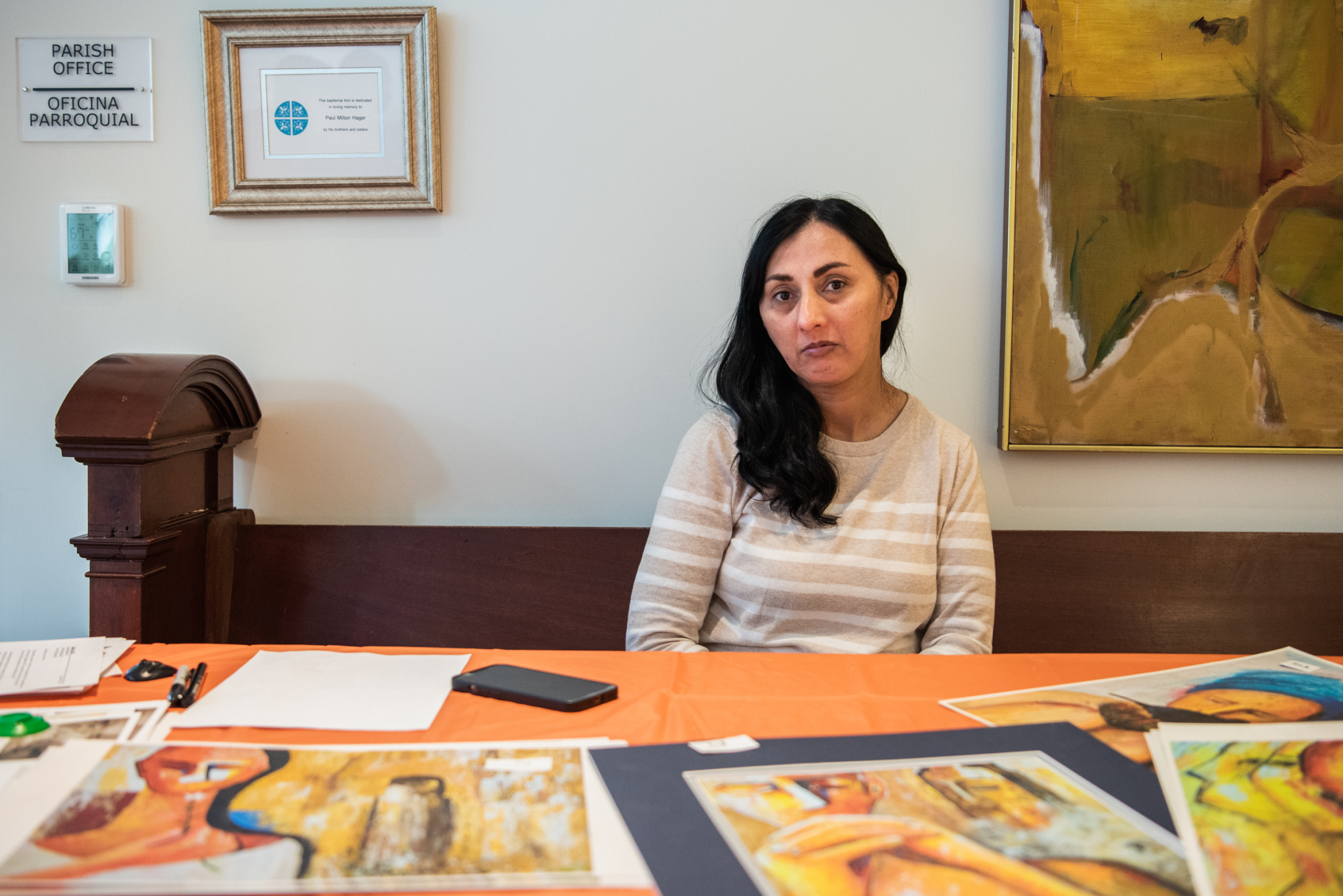
This month marks the three year anniversary of the fall of Kabul. When the city fell, many were forced to flee their homes. Women who had careers, women who dreamed of careers, and women who lifted their voices to fight for equal rights were some of those most at risk. To America’s great benefit, some of these women landed in the US.
Why They Left:

My name is Jahan Ara. My last name is Rafi. I grew up in Afghanistan and I studied art. I have been an artist for the past 21 years. After studying art in Afghanistan at the Fine Arts institute in Kabul I taught and made art inside and outside of Afghanistan.
The reason I fled Afghanistan was because the Taliban doesn’t accept artists of any kind.
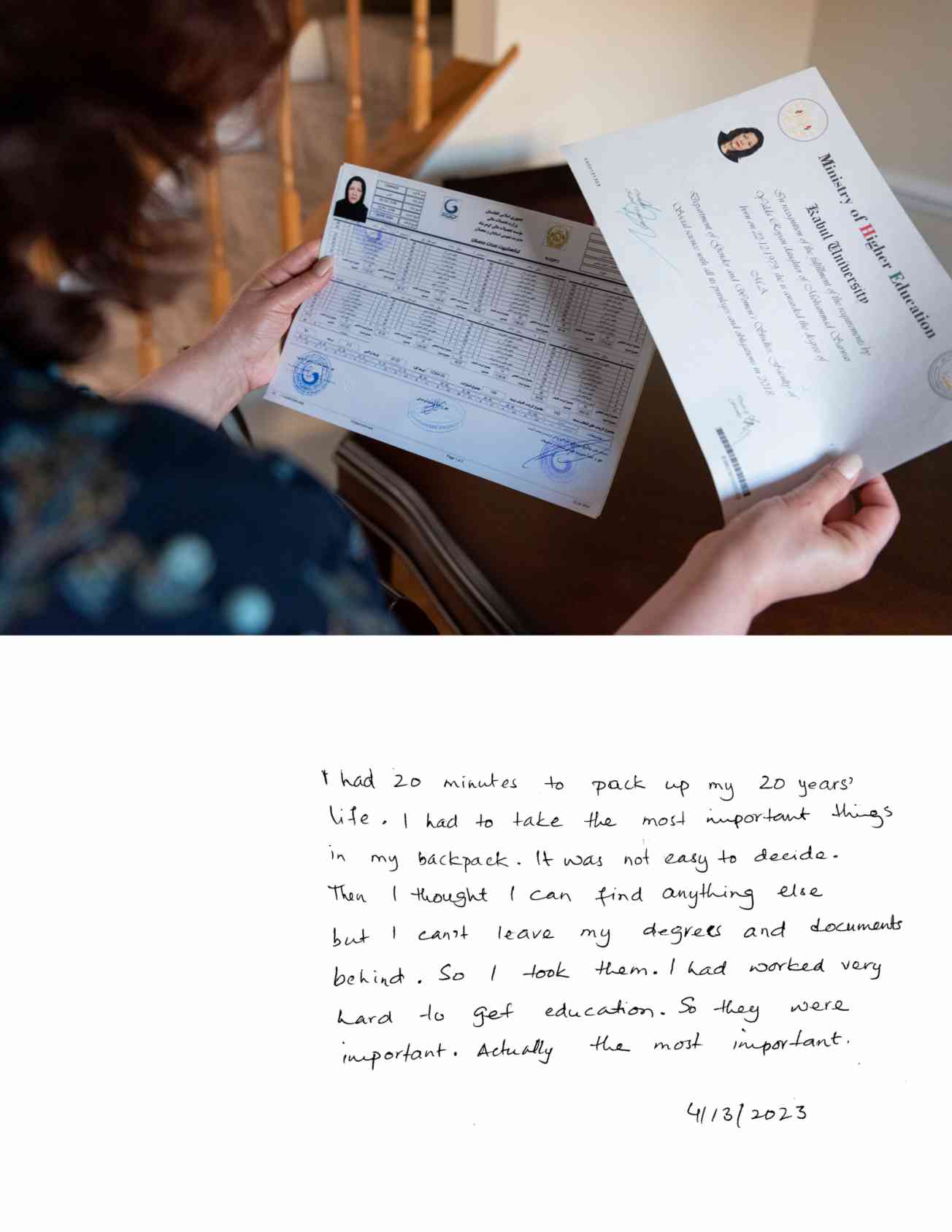
I am Yalda Royan. I’m a women’s rights activist.
I have divided my life into before August 15th and after August 15th, 2021. On August 14th, I was a woman who had a job, who had income, who had a house, who had safety, who had social status… On August 15th, I was just somebody afraid of everything.
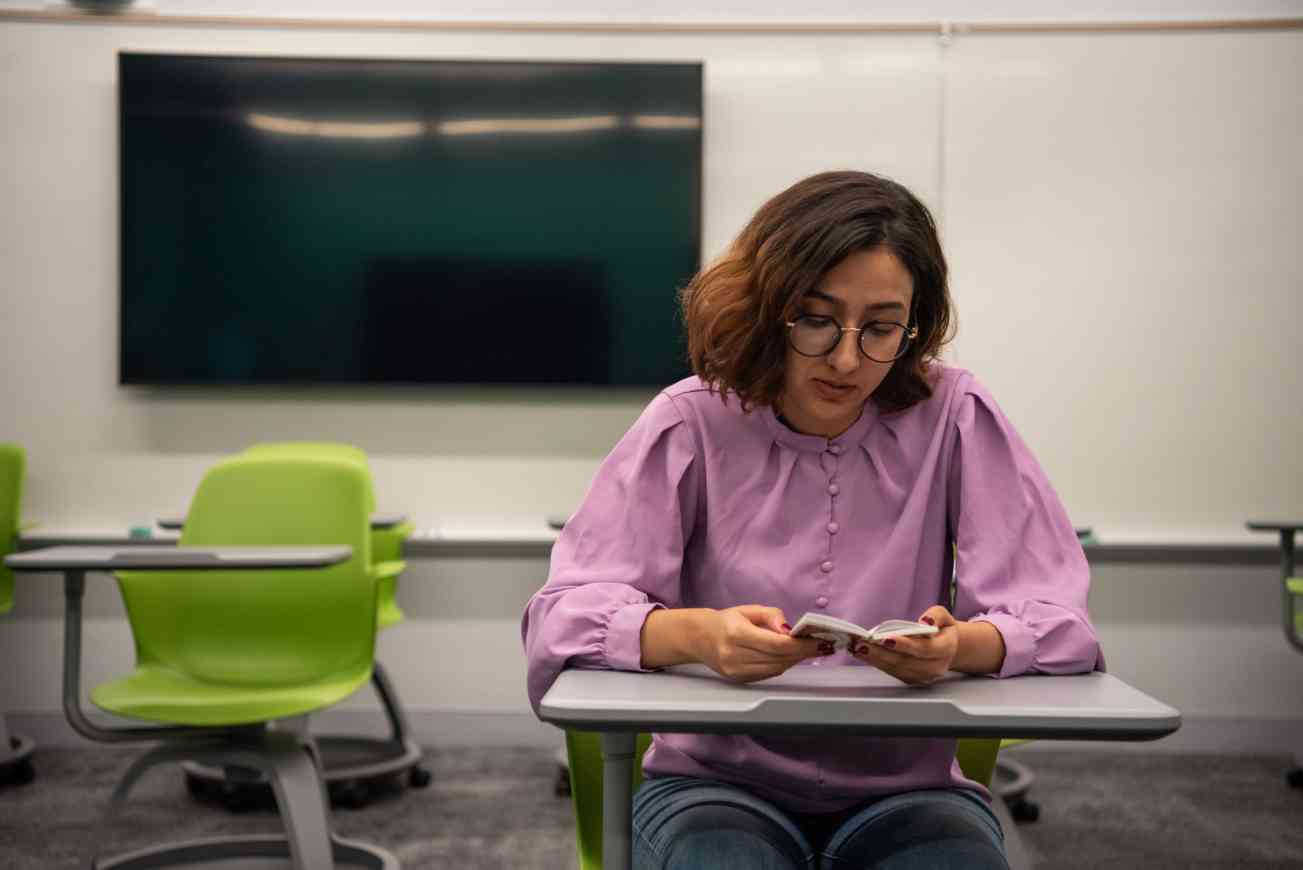
My name is Mahsa Ahmadi. I came from Afghanistan in 2017 to the United States. It was an unexpected and necessary move. In Afghanistan I was in my third year of the pre-med program at the University of Afghanistan. When I arrived in the United States I was told I would have to start my degree over.
What They Do Now:
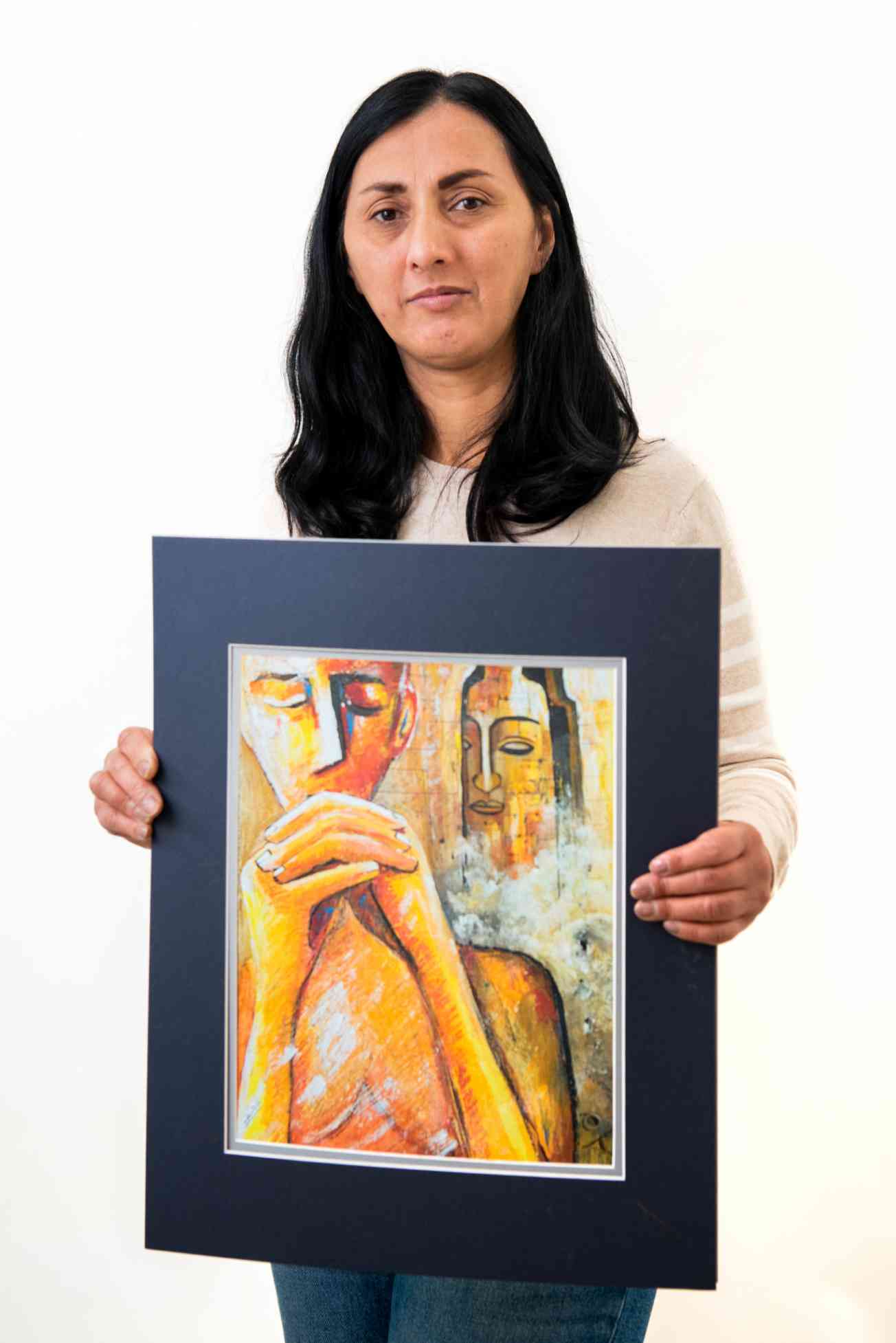
Whenever I create art I have a message that I want to relay to my audience. Women have been the victim of a lot of political, economical, and cultural problems throughout time in Afghanistan. My work is related to women and how their words and conditions have not been represented. Women inside Afghanistan always have problems, always. Nobody listens. They are always shouting but nobody listens or seeks solutions. This is what the closed mouths in my paintings represent. - Jahan Ari Rafi.
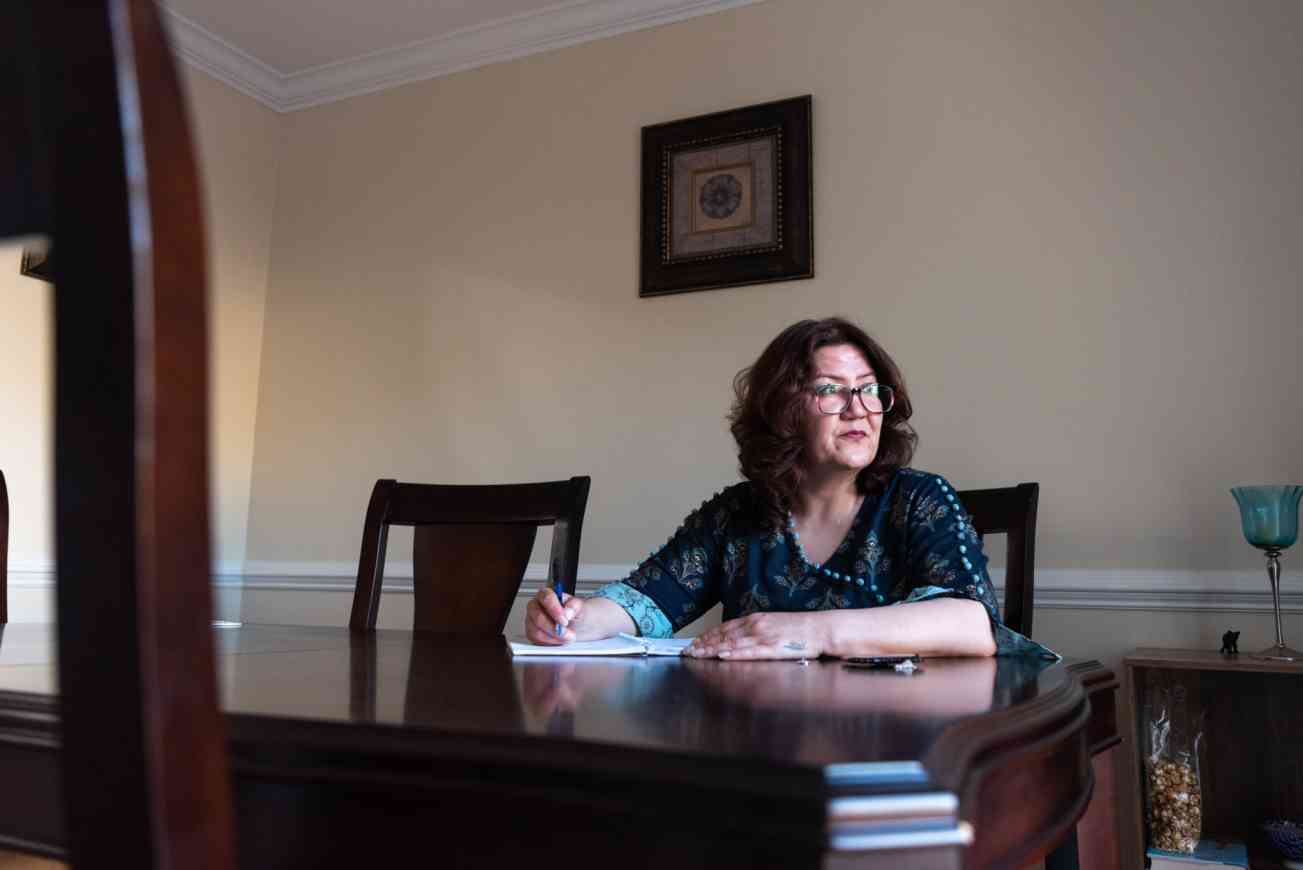
Currently, I’m working as a community engagement coordinator at the Office of Diversity, Equity and Inclusion in Nova Community College. At the same time, I am a consultant for Voice Amplified, which is a feminist humanitarian organization based in the United States. I have been working with them since 2020 as the Afghanistan country team lead. I’m also a founding member of Afghan Women’s Advocacy Group and do advocacy work for the rights of marginalized groups, especially my ethnic community, the Hazara. We are one of the ethnic groups in Afghanistan who have been targeted and have faced violence and discrimination for over 300 years. - Yalda Royan.
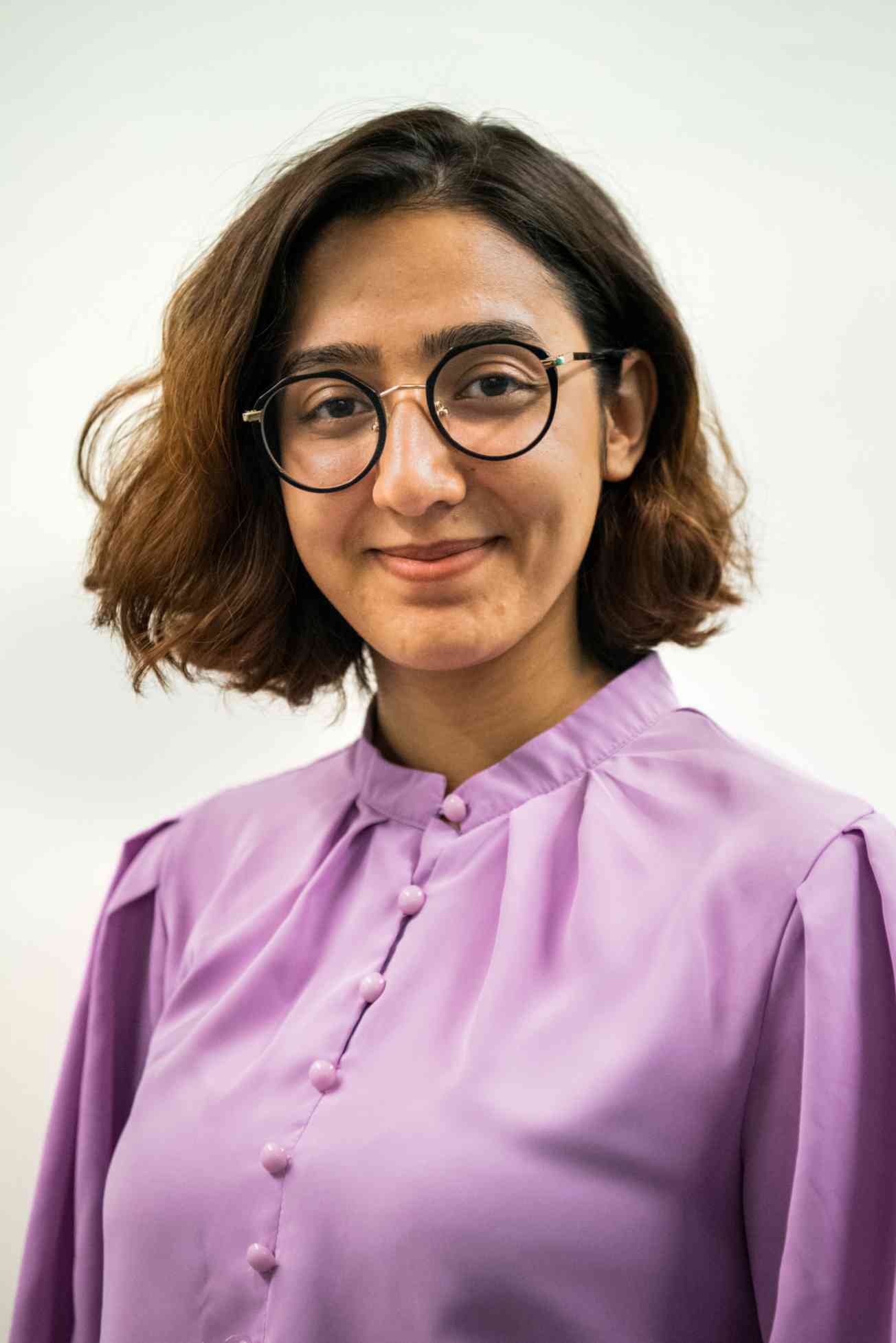
In December of 2022, I graduated from George Mason with a degree in Neuroscience. - Mahsa Ahmadi
What They Hope:
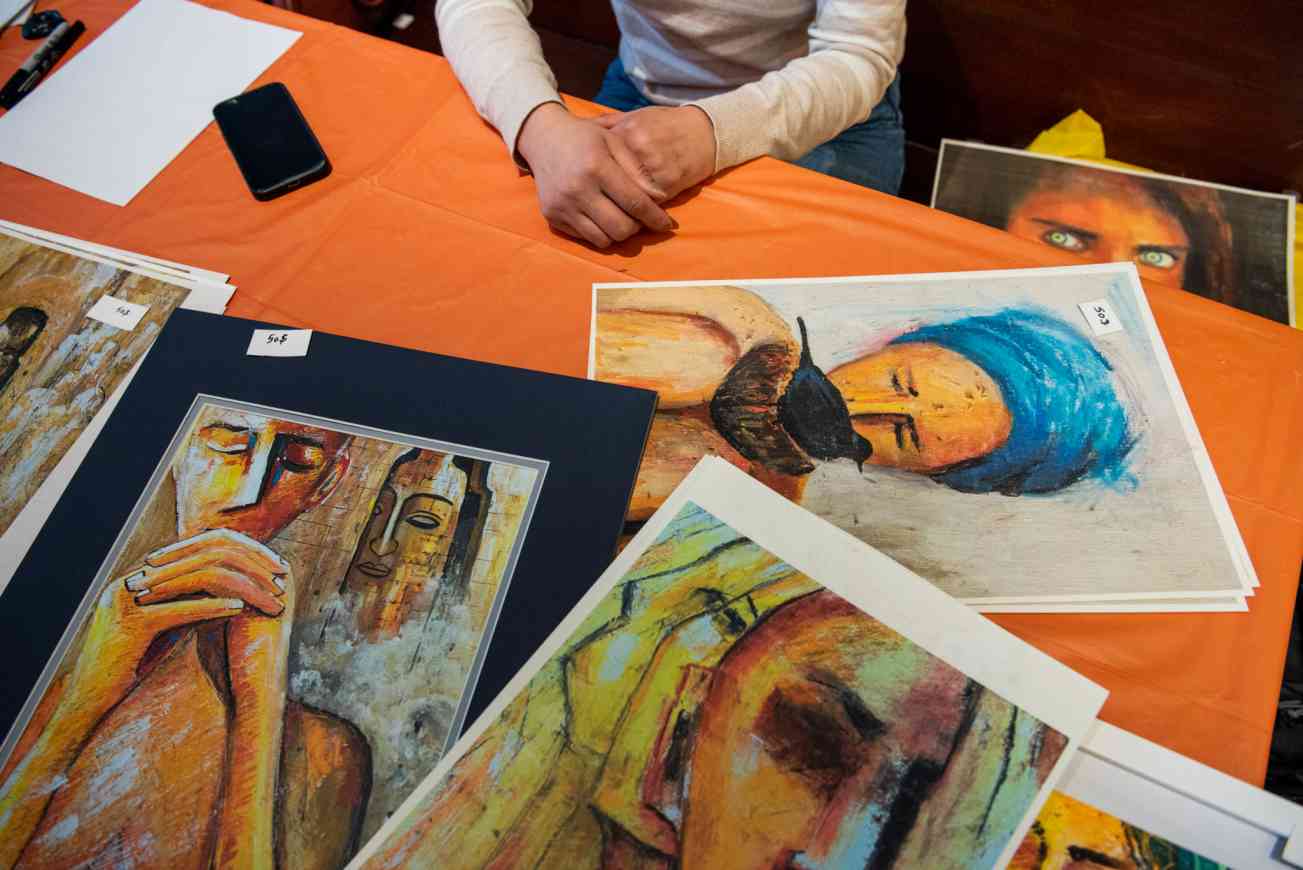
I would like to be one voice with the rest of the Afghan people.When I see the women in Afghanistan struggling in a patriarchal society I get inspired to create art. This art is representing all Afghan women including urban women, women who live in cities, and women who live hundreds of miles away behind closed doors in traditional and patriarchal homes.
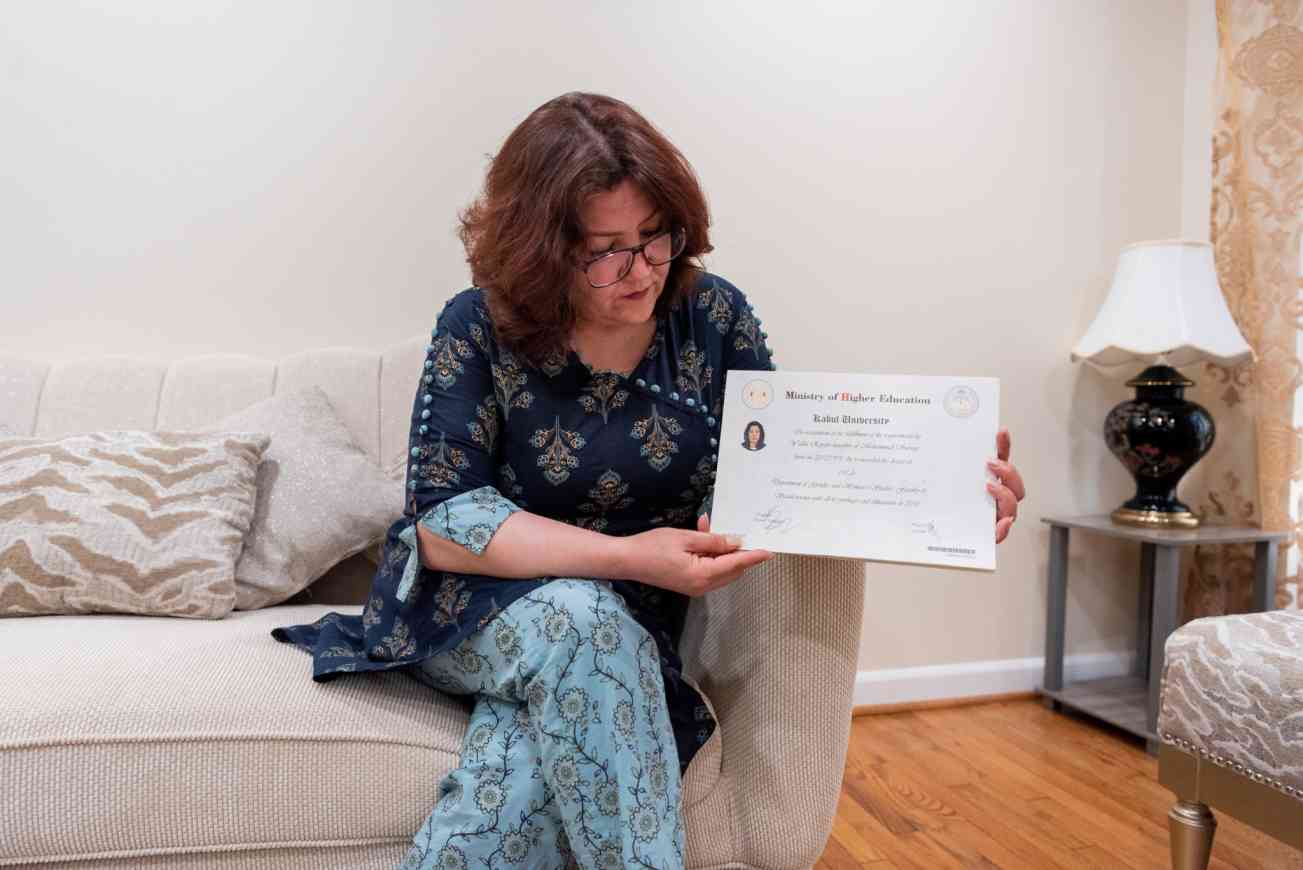
This country, this country is beautiful, it has everything that a person wants, but it’s not my home. The day the Taliban are no more in my country, the next day, my flight will be booked. - Yalda Royan.

For me, the first two years in the States were the most difficult. But it got easier at the beginning of the third year of my living in the United States. I slowly started to feel like I had two homes: Afghanistan and the United States. The difference was being able to offer something. When I was in Afghanistan, I was this person who could always help others. In the United States when I started volunteering, this feeling came back to me. At the end of my life, I hope to be proud of the fact that I utilized the opportunities and challenges to help others. - Mahsa Ahmadi.
Read Mahsa’s mental health Story.
Read about Yalda’s escape and how they tried to get her to leave without her daughters.
Read about Jahan’s work, teaching art to girls in Afghanistan. Find her art here.
Remind your friends that we are better with refugees and use these three women as examples.